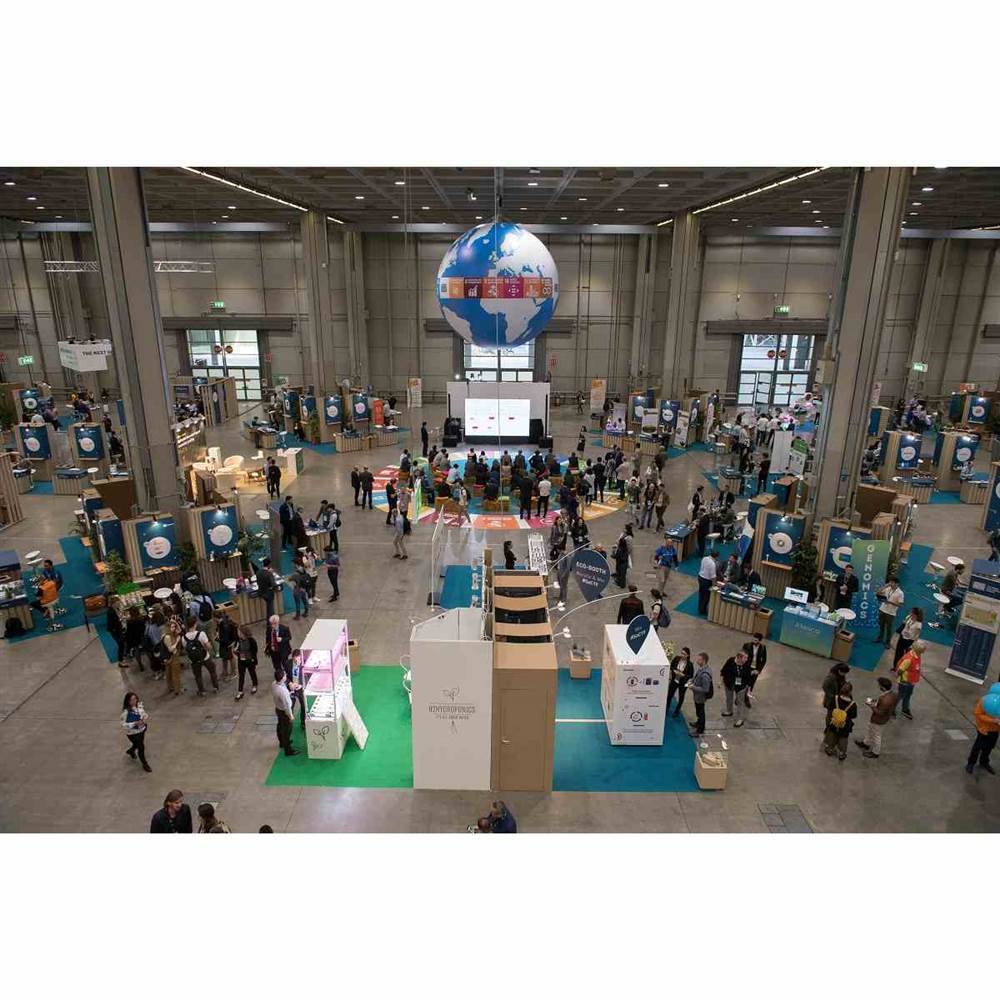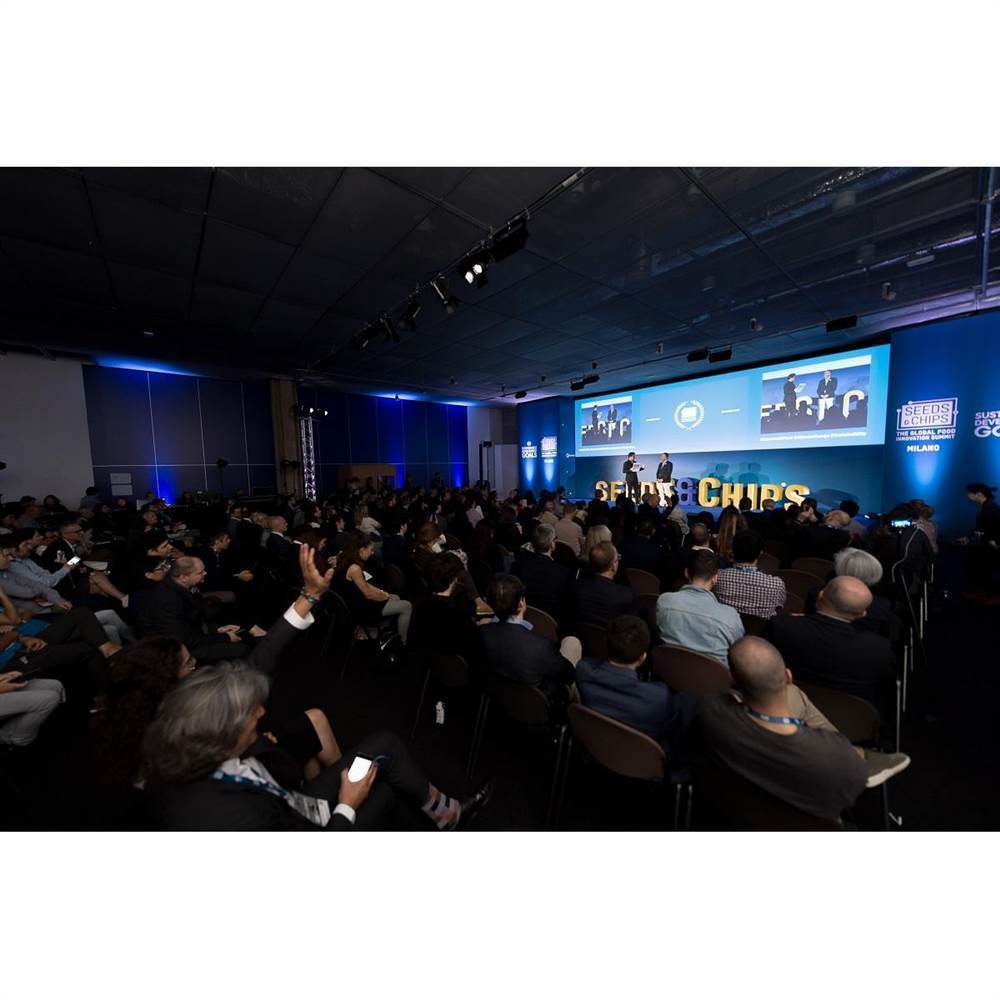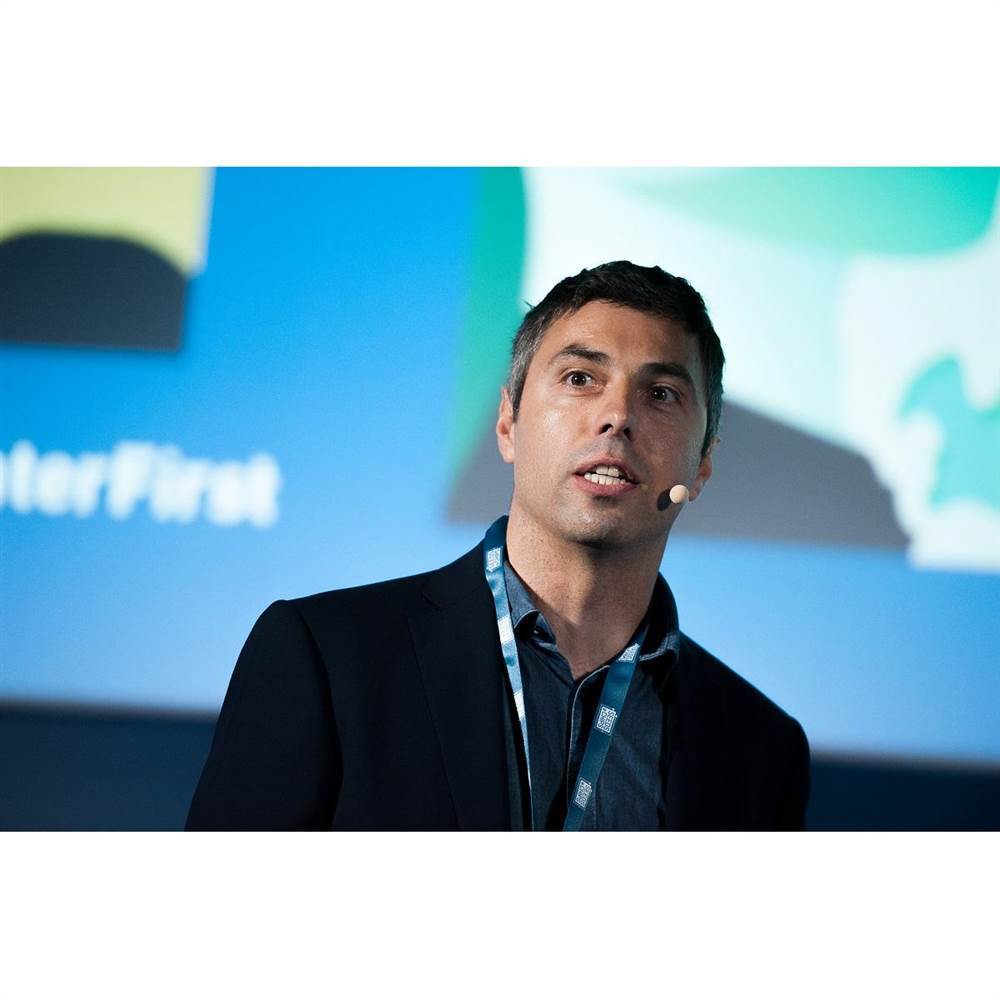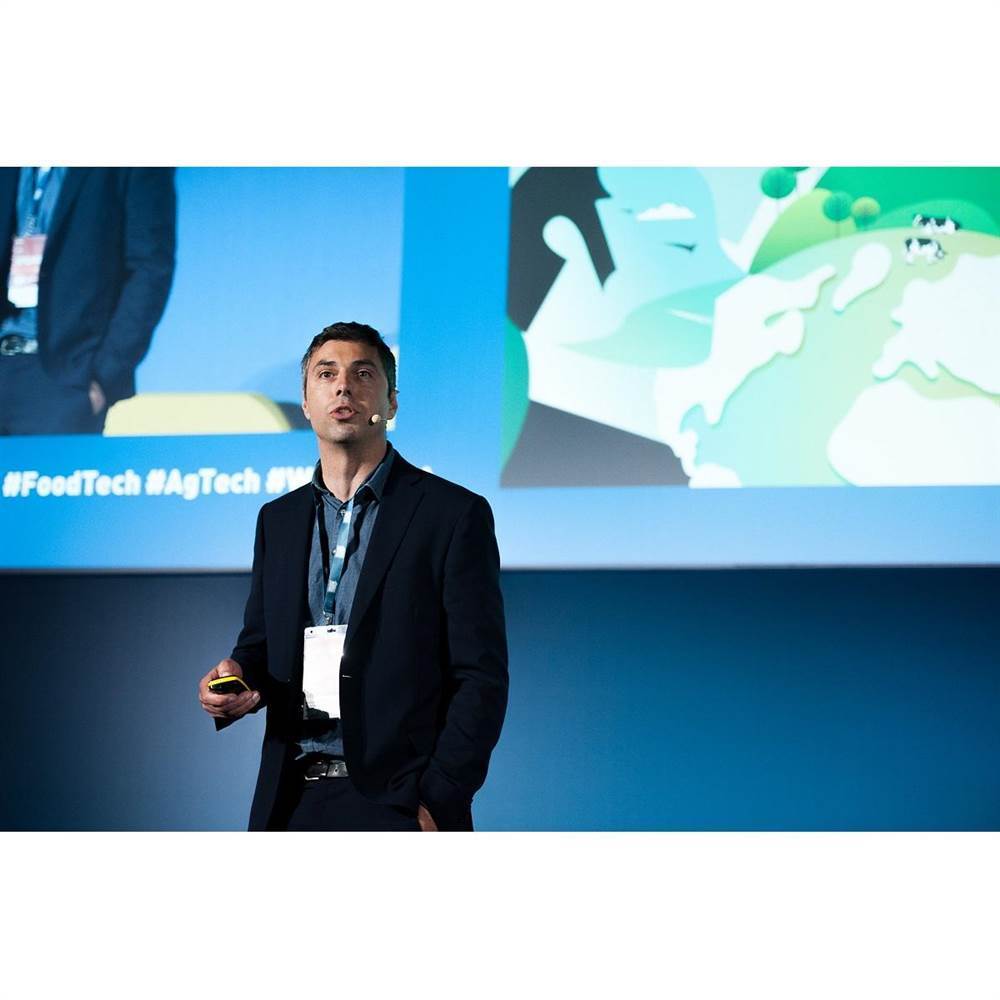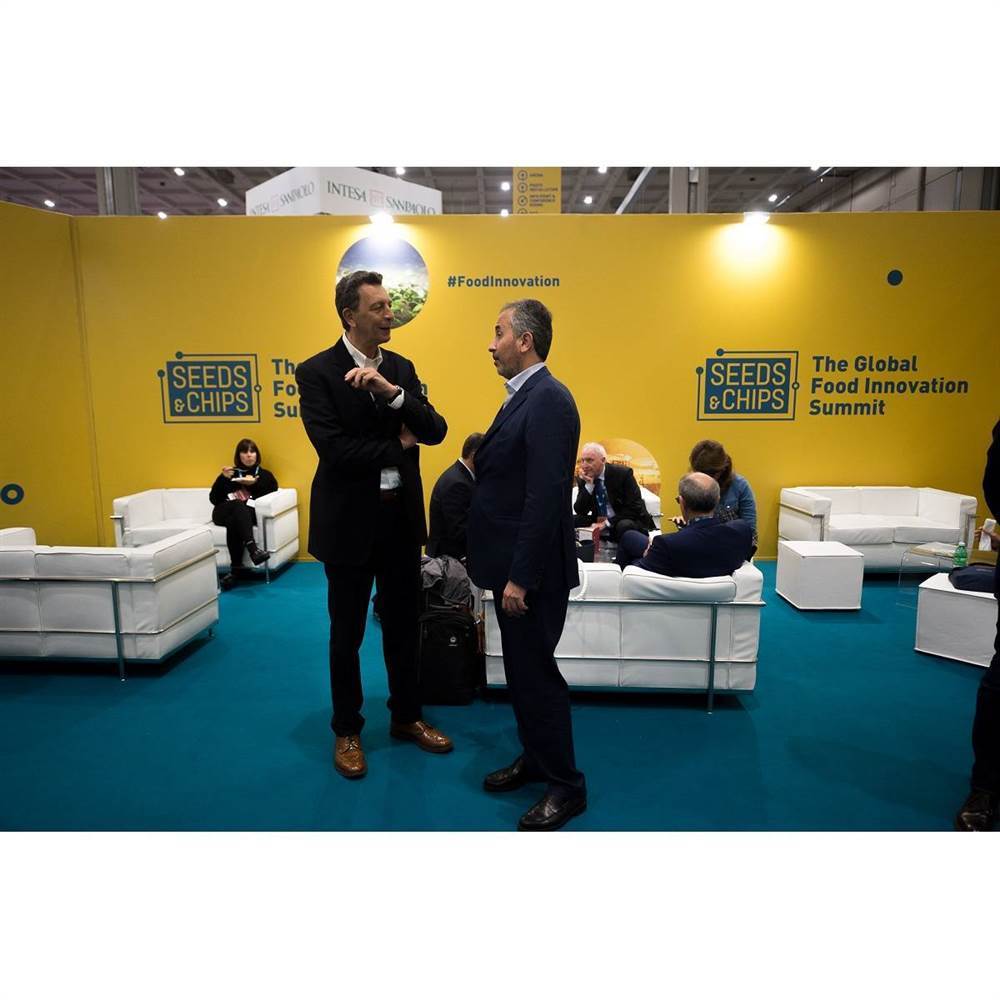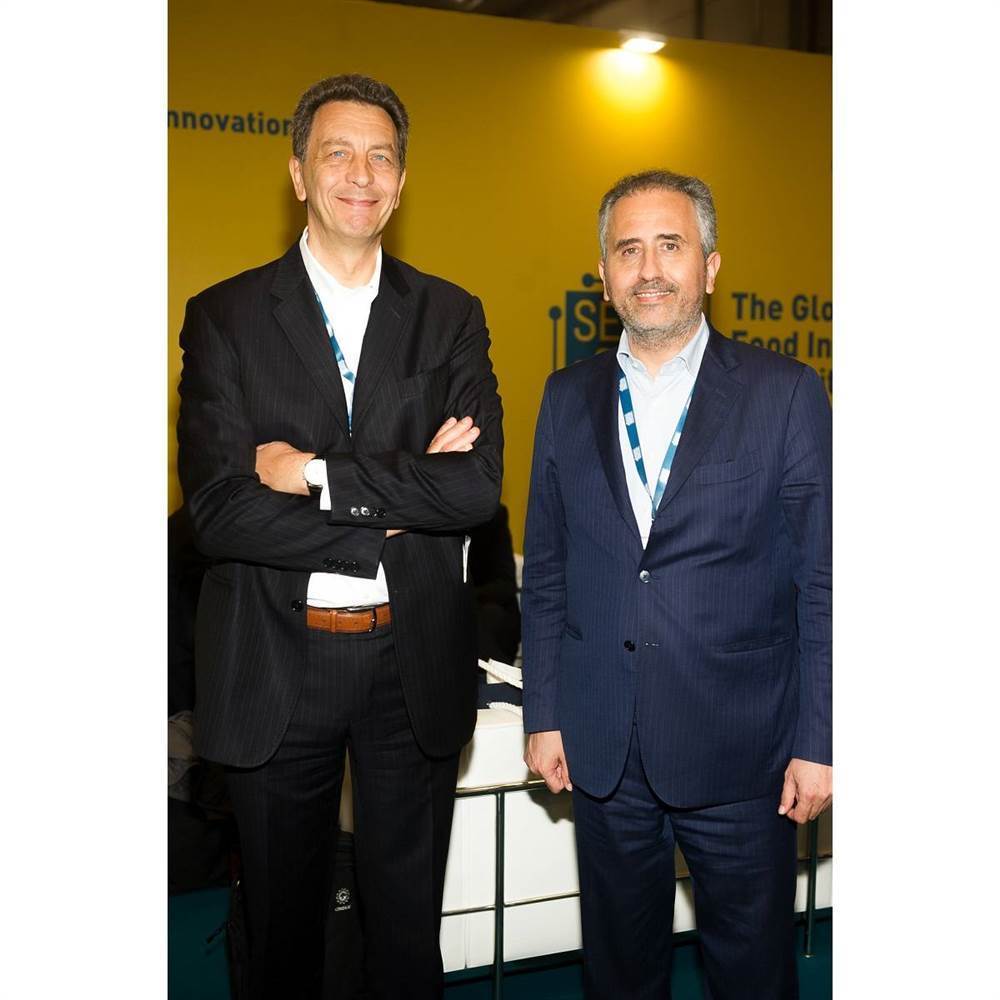
Seeds & Chips
The Grana Padano Protection Consortium will take part in the event by bringing their experience in environmental sustainability, gained through more than a decade of studies to assess the impact of the entire production chain of the most highly consumed cheese with a protected designation of origin in the world, which in 2017 produced 4,942,054 wheels, of which roughly 1.8 million were sold abroad.
On 10 May, at 3:45 PM, its activity will be at the centre of a talk given by Prof. Jacopo Famiglietti of the Department of Energy at the Politecnico di Milano, who will speak about the “New bases for quality production – Improving by getting to know each other”.
In fact, this topic is connected to the important European research project entitled “The Tough Get Going – “I duri cominciano a giocare”, to promote the use of the Product Environmental Footprint (PEF) methodology developed by the European Commission for semi-hard and hard PDO cheeses, and that is based on a multi-criteria approach to assess a product’s environmental performance during its life cycle.
The project will involve important research institutes led by the Deparment of Energy and the Department of Design at the Politecnico di Milano with Prof. Motta, the Università Cattolica del Sacro Cuore in Piacenza with Prof. Trevisan, OriGin Onlus PDO Products, located in Switzerland, Enersem (Spin off of the Politecnico di Milano), Qualivita – Foundation for the protection and enhancement of quality food and agricultural products -, CNIEL – Centre national Interprofessionnel de l’Economie Laitière (Paris – France). Along with these institutes, the Protection Consortium will take part with 19 cheese factories, packagers and maturing companies and 68 farms contributing to the Grana Padano production chain.
‘To explain the spirit that moves us, I would like to recall the words of Pope Francis, when he reminds us that “the post-industrial period may well be remembered as one of the most irresponsible in history, nonetheless there is reason to hope that humanity at the dawn of the twenty-first century will be remembered for having generously shouldered its grave responsibilities”’ explains Consortium president, Nicola Cesare Baldrighi. ‘The Consortium will therefore continue on the road towards environmental improvement with the concrete activity of our companies and by giving researchers their due role, facilitating their interaction’.
The goals of the project are to assess and reduce environmental impact by developing software, which will be made available to consortium producers/packagers and tested on several factories to reduce time and resources in the life cycle assessment (LCA) and certification of products with an approach to assess the entire production chain, including the final product phase, namely packaging and related disposal.
The eco-design will cover the products’ entire life cycle, aiming specifically at implementing a type of packaging that speaks directly to the final consumer about good environmental practices, such as reducing food waste. The results will then be transferred to a French PDO consortium by the CNIEL and shared on a national and European level.
The final result, expected in 2021, will be the creation of software that can be used by all the Consortium member companies, which will make it possible to calculate, reduce and certify their environmental footprint according to the PEF methodology promoted by the European Commission along with the development of innovative packaging aimed at increasing the environmental awareness of the final consumer.

